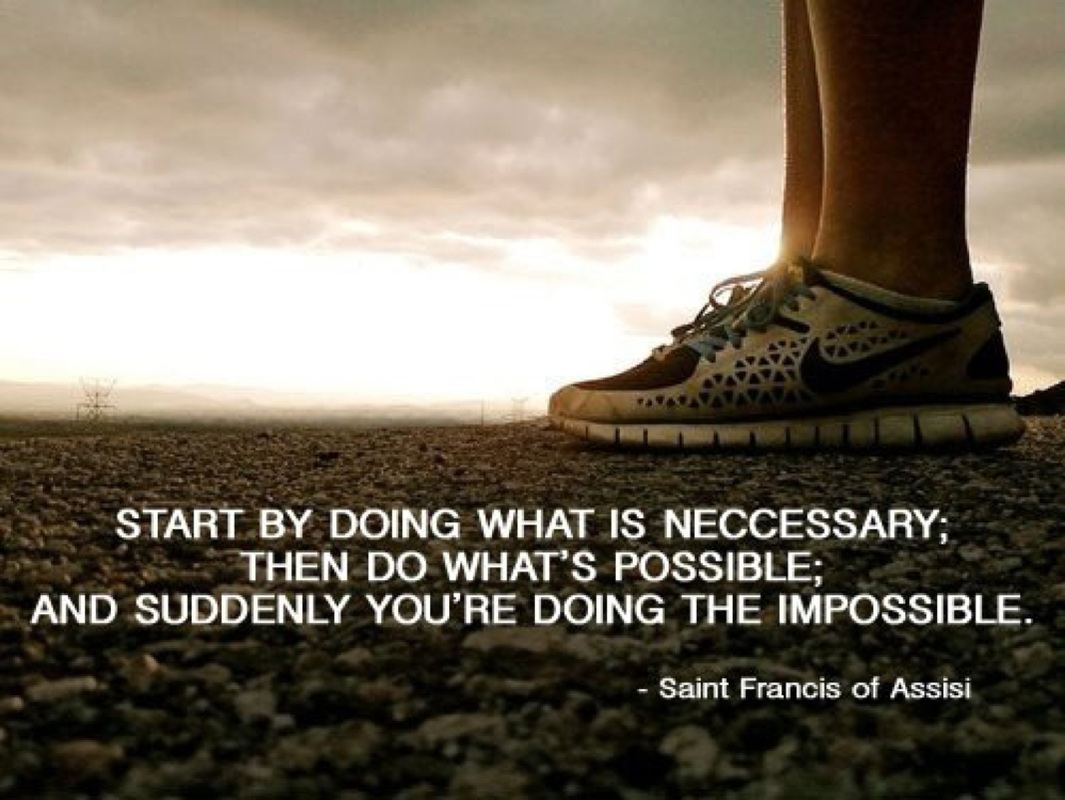By Albert Little
ChurchPop.com
Originally posted on The Cordial Catholic
When I decided to get serious about becoming a Catholic I phoned up the Catholic church closest to my house.
I made the cardinal mistake of thinking they were all the same.
After all, at that point in my faith journey I’d already been intellectually converted to the truth of the Catholic faith without ever having actually been to a Mass (at least, not since understanding what was actually taking place).
Disappointment After Disappointment
So, I rang up my local parish, and a few days later was meeting the religious sister who ran the Rite of Christian Initiation for Adults (RCIA).
When RCIA began, a Tuesday night some weeks later, I was almost instantly disappointed. The Catholicism being presented was the kind of watered-down, post-Vatican II stuff that I’d heard about. It was genuine, to a point, but disappointingly free from any serious vigor.
What I imagine a knitting circle might be like—though that might give a bad name to knitting circles.
At any rate, it was plodding.
I’d come home, nearly every Tuesday, not feeling excited at becoming a Catholic—a decision which had been nearly a decade in the making—but rather feeling depressed at what life as a Catholic looked like.
Is this really what I’m in for?
Sunday Mass was no better.
The elderly priest—at seventy-nine years old—was earnest but, well, old. And while I can’t speculate on what kept him at it, his witness at the altar, to me, as an excited prospective Catholic, was disappointing. When one of the RCIA sponsors, a few Tuesdays later, remarked that Father was one of the best homilists he’d ever heard I nearly slunk right out of my plastic folding chair.
The worst pastors I’d ever heard preach as an Evangelical would’ve left Father’s homilies in the dust.
What this really what I was to expect?
So… Where’s the Community?
Finally, on our last night of RCIA, a couple of weeks after Easter, we were introduced to the various ministries and programs the parish had to offer.
As a confirmed Catholic, I was excited to get involved in my new parish but my heart sank when I saw the little pamphlet that Sister produced from her binder.
“It was the only copy I could find,” she explained, “it was made about 12 years back for the parish’s 100th anniversary.”
I was flummoxed.
Sadly, the small pamphlet offered next to nothing in the way of parish life.
As an Evangelical, I was excited to get connected with a new, vibrant community of Catholics. This is what we did as Christians: we plugged in and supported one another. We gave our time, talents, and energy to the Church. We journeyed together.
In the Evangelical churches I belonged to I was kept busy, and I loved it. At various intervals I helped in Sunday School, volunteered in the soup kitchen, volunteered as a youth leader, worked with the audio/visual equipment, ran a small group, sat on the Mission’s Committee, ran the website, and organized a monthly married couples’ meeting with my wife.
I was a joiner, and a doer, and my new parish offered three stark choices: I could be a lector, join the choir, or help wrangle kids in the curriculum-less Children’s Liturgy which ran infrequently.
This was a parish of 2,000 Catholics.
So I left.
I left and began a search for a parish that had more to offer and I did, eventually, find one.
The parish we now call home is vibrant—growing, in fact—and has a lot going for it. Not only have they made the Eucharist the center of the community—and offer a 24-hour Adoration Chapel—but they’ve created space for Catholics to grow, fellowship, and worship together. There are groups for all ages, a constant rotation of solid Catholic formation programs running, a well-organized Children’s Ministry, and they even recently hired a youth pastor.
A stark contrast to the parish I became a Catholic in.
Night and day.
But I’ve learned a lot along the way, and have made a couple of poignant realizations. Call it a cautionary tale.
Maybe I Should Have Stayed, But…
First, I probably could’ve stayed in the parish where I was confirmed. Maybe I should’ve stayed.
A few months later the elderly pastor did retire and was replaced by a younger, more enthusiastic priest who immediately began to shake things up. He instituted, radically, a homily at the Daily Mass. Something which the outgoing priest had simply been too tired to offer.
I could’ve stayed, in hindsight, and started some of programs and ministries that I felt were lacking in the church. I could’ve been the catalyst and, maybe, should’ve been the catalyst.
Sometimes it’s us that God is asking to take a risk.
My second takeaway from this whole experience is this: That we, as Catholics, need to take our communities seriously.
It was a Sunday following Mass, about a month after becoming a Catholic, that the elderly Father stopped me as I left the nave. “You know,” he said, “It’s commendable that you’re here every Sunday. A lot of the folks who go through RCIA fall off the radar pretty quickly, I can see you’re committed.”
I smiled, but the thought that crossed my mind was, “Well of course, what do you offer them once they’ve joined?”
The Mass is not enough.
Controversial, I know, but bear with me a moment longer.
While the Mass—and the Eucharist at its center—needs to be what binds our communities together this can’t be the only thing we offer in our parishes.
Around the orbit of the Mass we need opportunities for fellowship, catechesis (for young and old), and outreach to our broader neighbors.
We need to genuinely engage our community to care and understand the Eucharist and then, in the next breath, care and understand each other. One should, naturally, lead to the next.
A New Beginning?
Admittedly, I’ve returned to the parish I left and I’ve been back there, sometimes daily, for Mass. It’s close to our house and convenient on the way to work. And Daily Mass is such a blessing.
And you know what I’ve found? Something astounding. Amongst the hundred of us who attend the Daily Mass regularly there’s a real sense of fellowship and community. We’re a tight-knit little group. And maybe that’s where a parish needs begin to build up from.
The new pastor, as well, has made some sweeping changes and continues to. There’s some steam building.
After all, it’s not like God abandoned the place just because I did. He works, always, and through everything. And, actually, I recently bumped into a guy from the parish at a local coffee shop.
“I’m starting a new ministry at the parish,” he said. “I’ve seen a real lack of outreach to new parishioners. So, I’m calling each new person that comes to our church, and helping them to connect more deeply.”
That guy, I thought, is taking that risk. God is good.






































